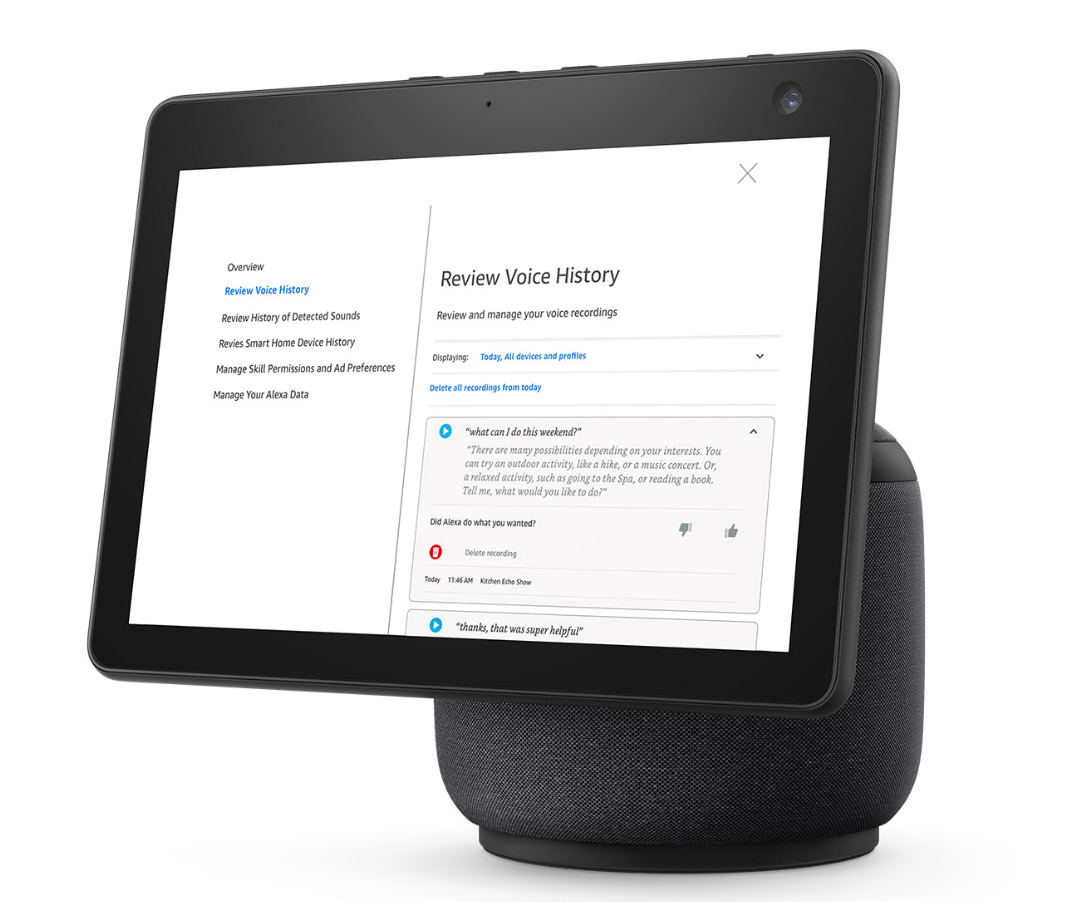October 9, 2023- 3RD OF 3
Navigating the Future of Work: Tips and Trends for Success
The world of work is evolving at an unprecedented pace, driven by technological advancements, changing economic landscapes, and shifting employment dynamics. To thrive in this rapidly changing environment, it's essential to be prepared and proactive. In this article, we'll explore some valuable tips on how to prepare for the future of work and examine key trends shaping this dynamic landscape.
Tips for Preparing for the Future of Work
Develop Transferable Skills:
In an ever-changing job market, the ability to adapt is crucial. Focus on honing transferable skills like communication, problem-solving, and teamwork. These skills are versatile and can be applied to a wide range of professions, making you more adaptable and marketable.
Stay Tech-Savvy:
Technology is at the heart of the evolving work landscape. To remain competitive, stay up-to-date on the latest technological trends and tools. Embrace continuous learning to enhance your digital literacy, which is essential for both your current role and future career prospects.
Embrace Lifelong Learning:
The future of work will require individuals to be open to new learning experiences. Be willing to acquire new skills and knowledge, even if it means changing your career trajectory. Lifelong learning will be a cornerstone of success in a rapidly evolving job market.
Network Strategically:
Networking remains a powerful tool for career growth. Attend industry events, engage with professionals on platforms like LinkedIn, and build meaningful connections. Networking can provide valuable insights, job opportunities, and mentorship.
Key Trends Shaping the Future of Work
Automation and Artificial Intelligence (AI):
Automation and AI have revolutionized industries across the board. Consider the traditional role of a customer service representative, where human agents once handled routine inquiries. Now, chatbots and AI-driven systems have taken over much of this work. However, this doesn't necessarily mean a shrinking job market. Instead, it calls for a shift in roles. Professionals may transition to AI quality assurance roles, ensuring chatbots provide accurate responses and maintaining the highest standards of customer service.
In this scenario, adaptability is paramount. Workers must embrace opportunities for upskilling and learning how to harness the potential of automation and AI, rather than fearing displacement.
g-ad
The Gig Economy:
The gig economy is experiencing explosive growth, offering flexibility and diverse job opportunities. A prime example is a freelance writer who operates in this dynamic realm, offering content creation services to multiple clients. This shift in employment dynamics challenges the traditional notions of a 9-to-5 job, offering individuals the freedom to shape their own work schedules and take on projects that align with their skills and interests.
While the gig economy provides enticing flexibility, it also introduces challenges such as income volatility and a lack of job security. Gig workers must proactively manage their careers, market their skills, and navigate the complexities of self-employment.
Globalization of the Workforce:
In today's interconnected world, the job market has gone global. Workers no longer compete solely within their local or national borders; they compete with professionals from around the world. For instance, a software developer with expertise in a sought-after programming language can now collaborate with clients or work remotely for multinational companies irrespective of geographical boundaries.
This globalization of the workforce opens doors to unparalleled opportunities but also demands cross-cultural competence and adaptability. Professionals must understand diverse work environments, time zones, and cultural nuances to thrive in this interconnected job market.
Intersection of Trends
These key trends are not isolated phenomena but are deeply intertwined. Automation enhances efficiency and creates demand for skilled professionals. The gig economy leverages technology to provide flexibility and diverse job options. Globalization is facilitated by digital platforms that connect workers and employers worldwide.
Preparing for the Future
To navigate this evolving job landscape successfully, individuals must remain informed and proactive. Staying updated on these trends and developing adaptable skills will be essential. Embracing change as a constant, rather than a disruption, is crucial for personal and professional growth.
the future of work presents both challenges and opportunities. By developing transferable skills, staying tech-savvy, embracing lifelong learning, and networking strategically, you can position yourself for success in this ever-evolving landscape. Additionally, understanding and adapting to trends like automation, the gig economy, and globalization will be essential for staying ahead in your career. Embrace change, be proactive, and seize the opportunities that the future of work has to offer.

















































.webp)
.webp)














































